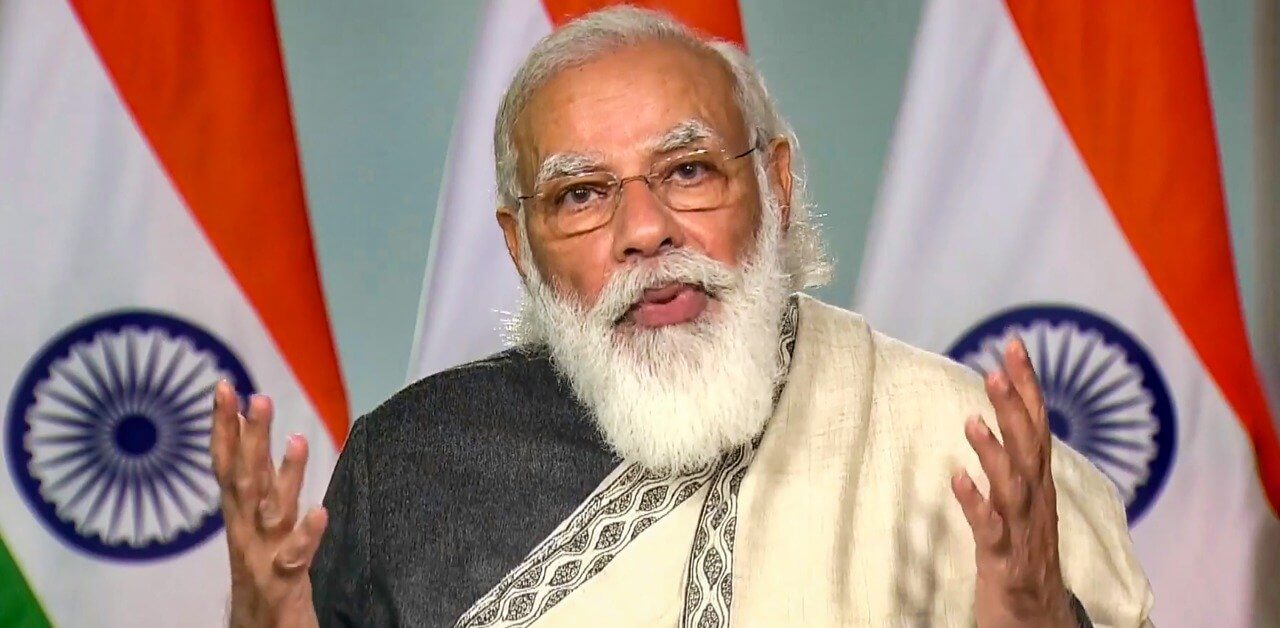Indian Prime Minister Narendra Modi on Thursday strongly endorsed ‘one nation, one election,’ arguing frequent polls had a negative impact on development projects.
Speaking virtually at the concluding session of the 80th All India Presiding Officers Conference, the leader said that the concept was not “just a discussion point,” but rather the “need of the country”. He also advocated for a single consolidated voters’ list for Lok Sabha, assembly, and panchayat elections.
“Separate lists are a waste of resources and time. In all elections, the minimum voting age is now 18, unlike earlier,” said the PM. “Every few months, there are elections happening in some or the other states. It hampers the developmental work and all of you know about it. For this, we must think seriously, and officeholders can lead deliberations on this,” he added.
It’s worth noting that this is not the first time the prime minister has spoken about the issue. ‘One nation, one election’ was a part of BJP’s 2019 manifesto, and Modi even chaired a leadership discussion last year to explore the idea of simultaneous parliamentary and assembly elections. The party claims that such a measure will save resources and allow time for governance without the pressure of having to prepare for a vote.
The PM had also brought up the idea during his Independence Day speech earlier this year when he said: “GST [Goods and Services Tax] achieved the dream of ‘one nation, one tax’. We successfully attained ‘one nation, one grid’ in the power sector. We also developed the ‘one nation, one mobility card’ system, and today there is a discussion in the country for ‘one nation, one poll’ and it should happen in a democratic manner.”
However, the plan has been heavily resisted by the opposition, which describes the proposal as a threat to India’s federal structure of government. Though both the Indian Law Commission and NITI Aayog have previously submitted recommendations on how such a process could be smoothly implemented, the Election Commission of India has said that the plan can be taken up only after political parties reach a consensus.
In his Thursday address, the PM also paid homage to the victims of the 26/11 Mumbai attacks that rocked the nation 12 years ago. Modi asserted that India was now fighting terrorism with a “new policy and a new process”, and said that the country could never forget “the biggest terror strike” it has endured.
‘One Nation, One Election’ is the Need of the Country, Says PM Modi
The leader argued that frequent polls have an adverse impact on the successful implementation of development works.
November 27, 2020

SOURCE: DECCAN HERALD
